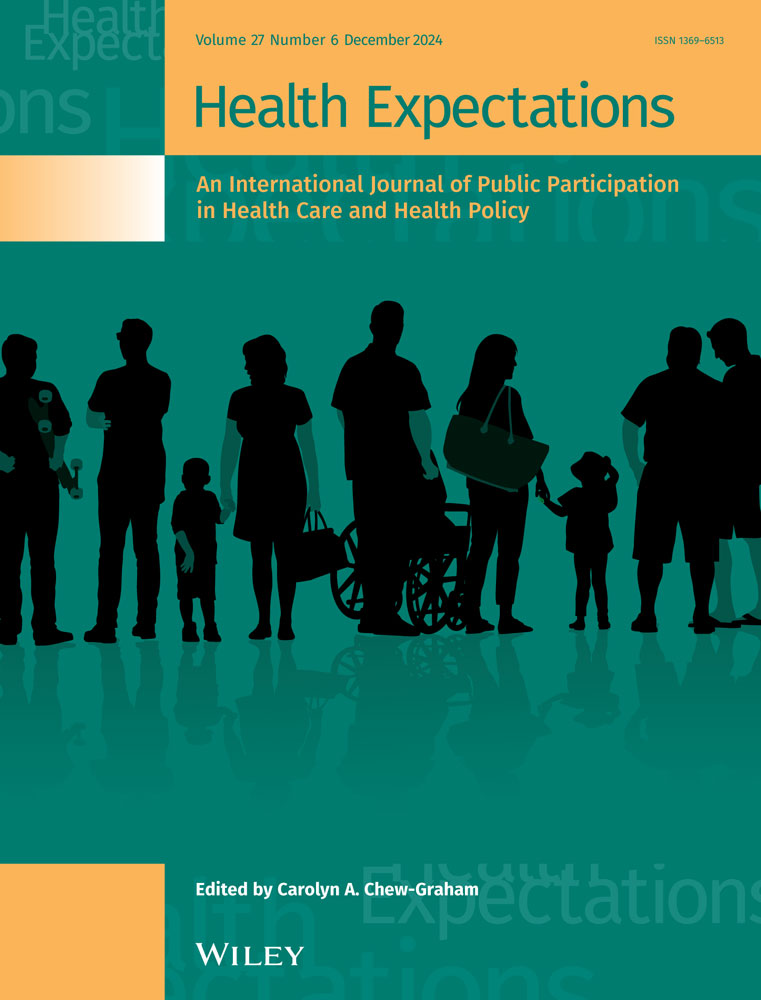Engaging with Culturally and Linguistically Diverse Communities to Promote Palliative Care That Exceeds Expectation
ABSTRACT
Introduction
Given longstanding barriers that obstruct integrated palliative care, particularly for culturally and linguistically diverse communities, this article demonstrates a way to engage with Syrian, Bhutanese and African communities to learn about brilliant palliative care with and from members of these communities.
Methods
This study involved the methodology of POSH-VRE, which combines positive organisational scholarship in healthcare (POSH) with video-reflexive ethnography (VRE). Members of the Syrian, Bhutanese, and African communities (n = 14) participated in a focus group or an interview to consider understandings of palliative care; conceptualisations of a good death; how and why palliative care was typically enacted in their communities; the associated effects; as well as the relationship between culturally and linguistically diverse communities and public palliative care services. Discussions were aided by video recordings captured during the previous study on brilliant palliative care, which participants were invited to review. Video recordings and transcripts of the focus groups and interview were analysed using reflexive thematic analysis.
Results
The participants demonstrated considerable variability in the ways that palliative care was understood and enacted. For some, death was a taboo topic, while for others, it was a reality that was required to face, particularly in war-torn regions. Similarly, while doctors were held in high regard, participants held different views about how they should enact palliative care and the anticipation of death, particularly because family members were deemed to be a pivotal part of palliative care. To improve the care of people of culturally and linguistically diverse communities who experience a life-limiting illness, participants highlighted three opportunities. These included the avoidance of generalisations, prioritising the needs and preferences of cultural groups, and leveraging the community network.
Conclusion
This study demonstrated how reciprocal understandings of palliative care were potentiated using POSH-VRE. Specifically, the members of the Bhutanese, African and Syrian communities demonstrated diversity in the needs, preferences, and customs of culturally and linguistically diverse communities. As such, integrated palliative care is likely to be bolstered by relinquishing assumptions about how cultural groups wish to be referred to and cared for and adopting a public health approach to palliative care that embraces both a population-based and person-centred approach to care.
Patient or Public Contribution
Members of the Bhutanese, African and Syrian communities contributed to this study as participants and co-researchers, contributing to the analysis and interpretation of the data and in the preparation of the article.
Conflicts of Interest
The authors declare no conflicts of interest.
Open Research
Data Availability Statement
The authors have nothing to report.




